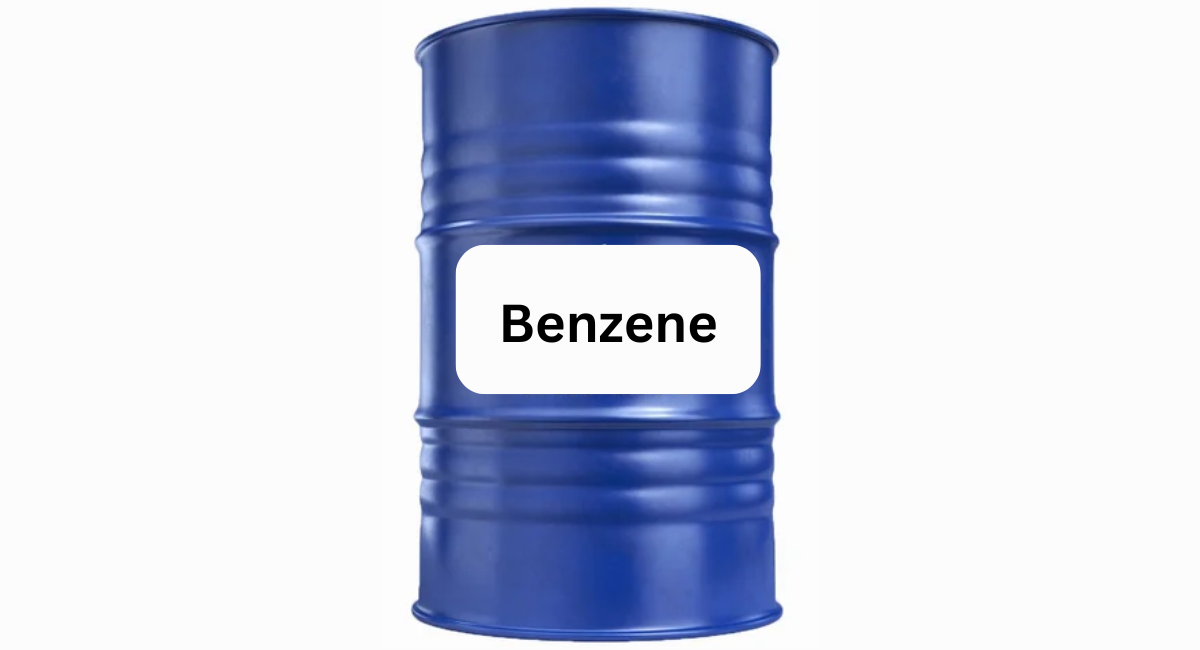Benzene
Benzene is a fundamental aromatic hydrocarbon widely used in various industrial applications. It is a colorless liquid with a sweet odor, primarily utilized in the production of chemicals, plastics, and synthetic fibers. Benzene's stability and reactivity make it a key component in numerous chemical processes.
In the **chemical industry**, benzene serves as a precursor for the synthesis of a variety of chemicals including ethylbenzene, cumene, and cyclohexane. These compounds are essential in the production of products such as detergents, pharmaceuticals, and synthetic rubbers.
In the **plastics industry**, benzene is used in the production of polystyrene and other polymer resins. Its role in polymerization processes helps create materials used in everything from packaging to construction materials.
Benzene is also a vital component in the **pharmaceutical industry**, where it is used in the synthesis of drugs and active pharmaceutical ingredients. Its chemical properties facilitate the creation of various medicinal compounds and treatments.
In **laboratories**, benzene is employed as a solvent for chemical reactions and extractions due to its ability to dissolve a wide range of substances. However, its use is limited by its toxicity and carcinogenic properties, necessitating careful handling and adherence to safety protocols.
Despite its extensive applications, benzene poses significant health risks, including its classification as a carcinogen. Prolonged exposure can lead to serious health issues, including leukemia. Thus, stringent safety measures are required to protect workers and the environment during its handling and use.

